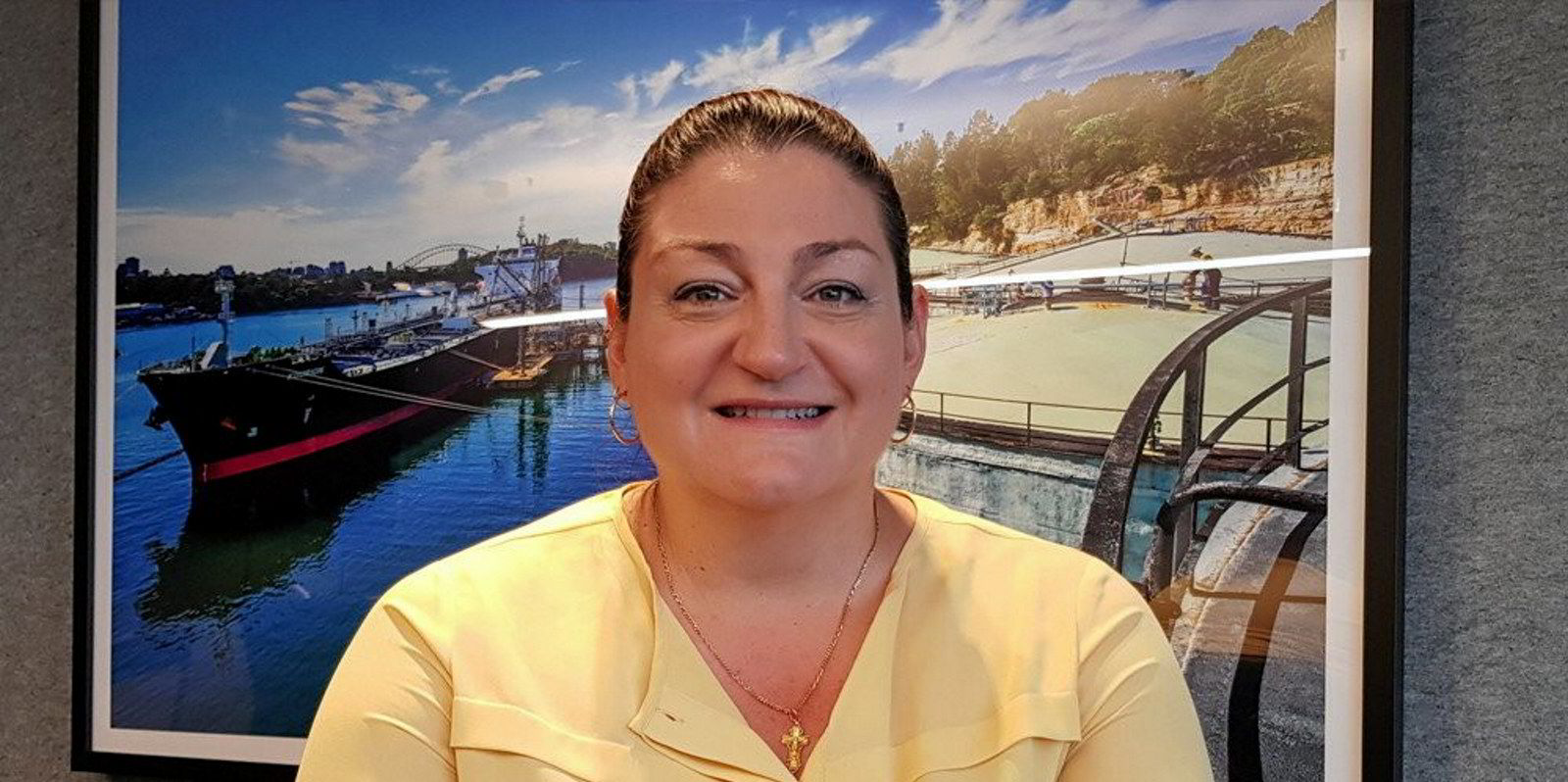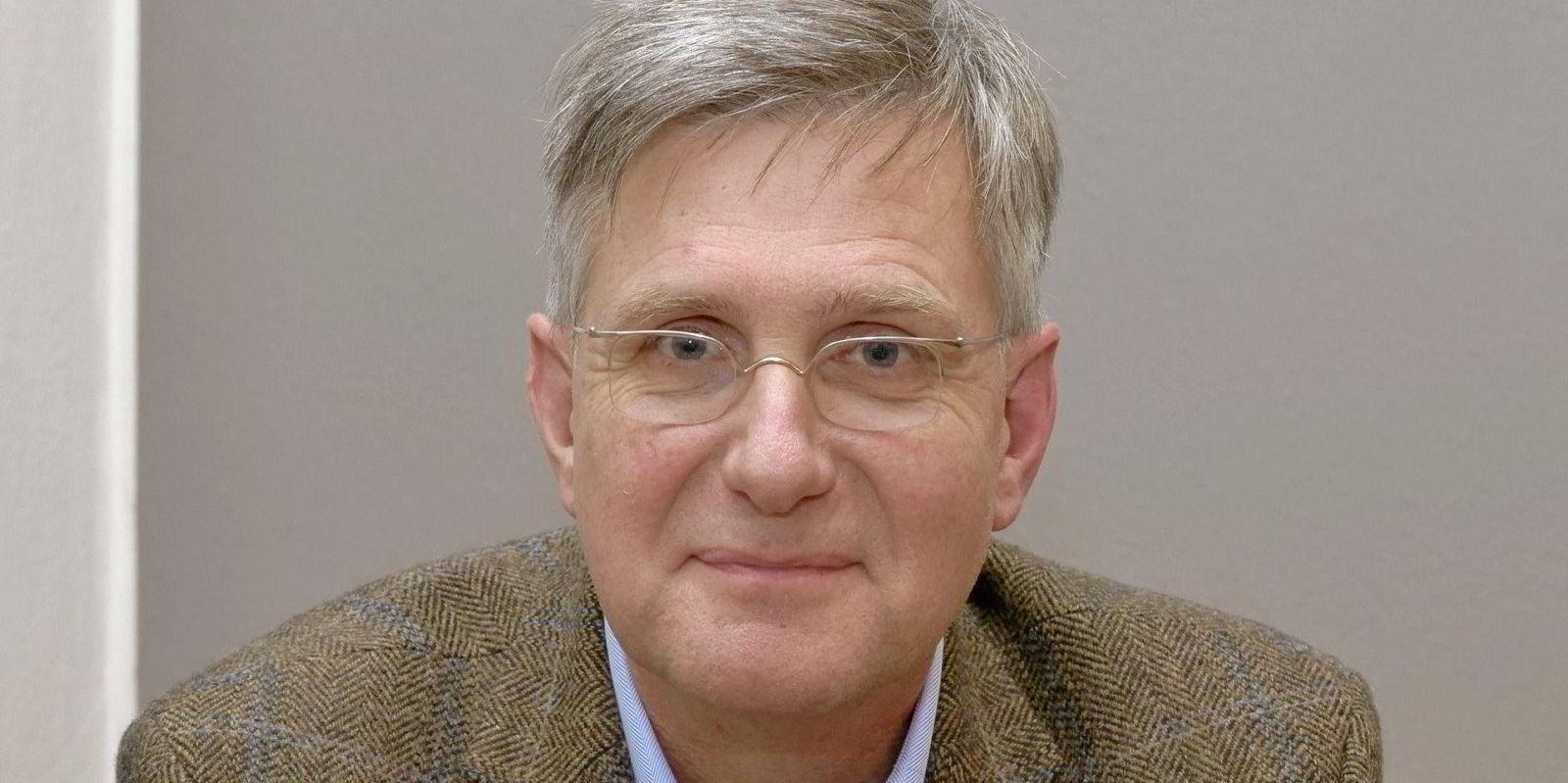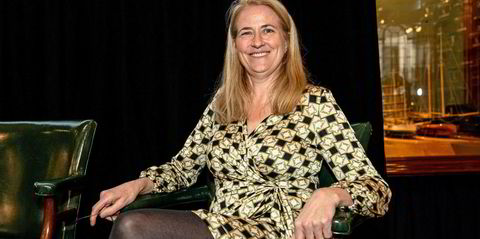Lloyd’s Register technical director Claudene Sharp-Patel recalls when she first realised she was a minority in the male-dominated shipping industry.
The Australian national with a family maritime background has spent most of her life on ships or working on projects related to the maritime industry.
“When I think back to my seafaring family history that dates to the 1500s, I understand why I pursued various careers in shipping,” Sharp-Patel explained.
As a child, the engineer often accompanied her master mariner father on general cargo and passenger ships.
She eventually joined miner BHP in 1992 as a cadet, working up and down the coast.
“It was only when I went to study at the Australian Maritime College that I found I was one of the 3% intake of women — the first time I saw myself as a minority in the industry,” she told TradeWinds.
Sharp-Patel was among the first women to graduate from the Australian Maritime College with a Bachelor of Technology degree.
“I was also one of the first women in Australia to have a chief engineer’s motor ticket and the first woman in the Western world — that we know of — to hold a chief engineer’s combined ticket for both motor and steam,” she said.
“As a sister of brothers and a regular on the hockey field, in the gym, and as a tighthead prop in rugby, I have always had to maintain determination and persistence,” the engineer added.
Sharp-Patel is just one of the women featured in Lloyd’s Register’s Rewriting Women into Maritime History project, documenting achievements in the sector past and present.
She hopes her story can inspire the next generation of females in shipping.
Extremely proud
“Looking back on the groundbreaking women who shaped the shipping industry, I am extremely proud to be working in my current role at LR, where I can draw on my experience to shape the future of fuel in the shipping industry and tackle the energy transition for the near future,” she said.
Sharp-Patel explained she is lucky enough to work with a brilliant team of experts across different fields on developing new shipboard energy systems.
“At present, I do not believe any future fuel options should be ruled out and we are carefully considering all options in the search for greener solutions,” she told TradeWinds.
“It’s my job to bring together the wide range of experts in my team to develop rules and regulations for the new integrated systems with all their components and supply requirements,” Sharp-Patel said.
“Technology must focus on fossil-free production, carbon capture and storage, and circular carbon sustainability if we are to reach an achievable, greener solution,” she added.





